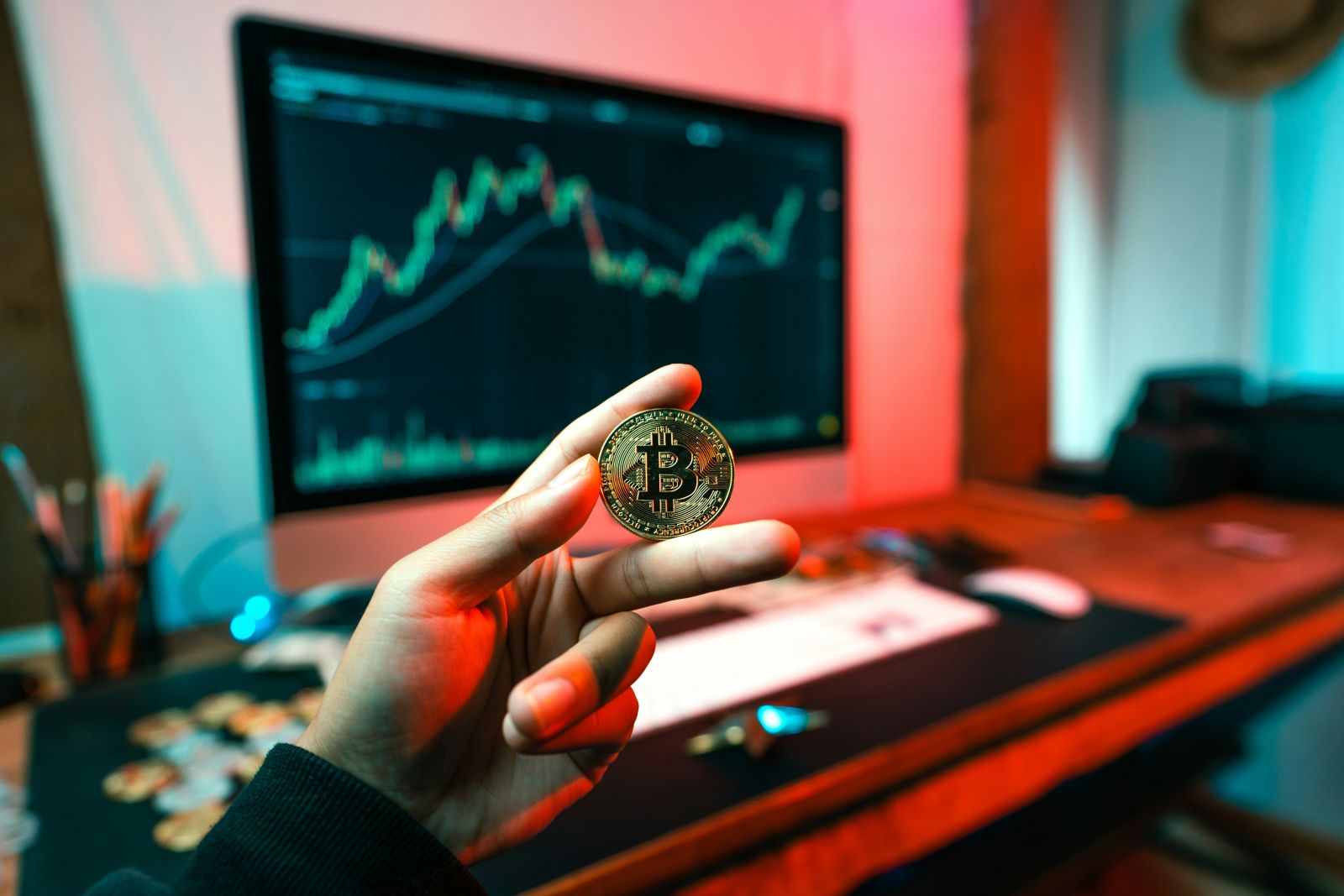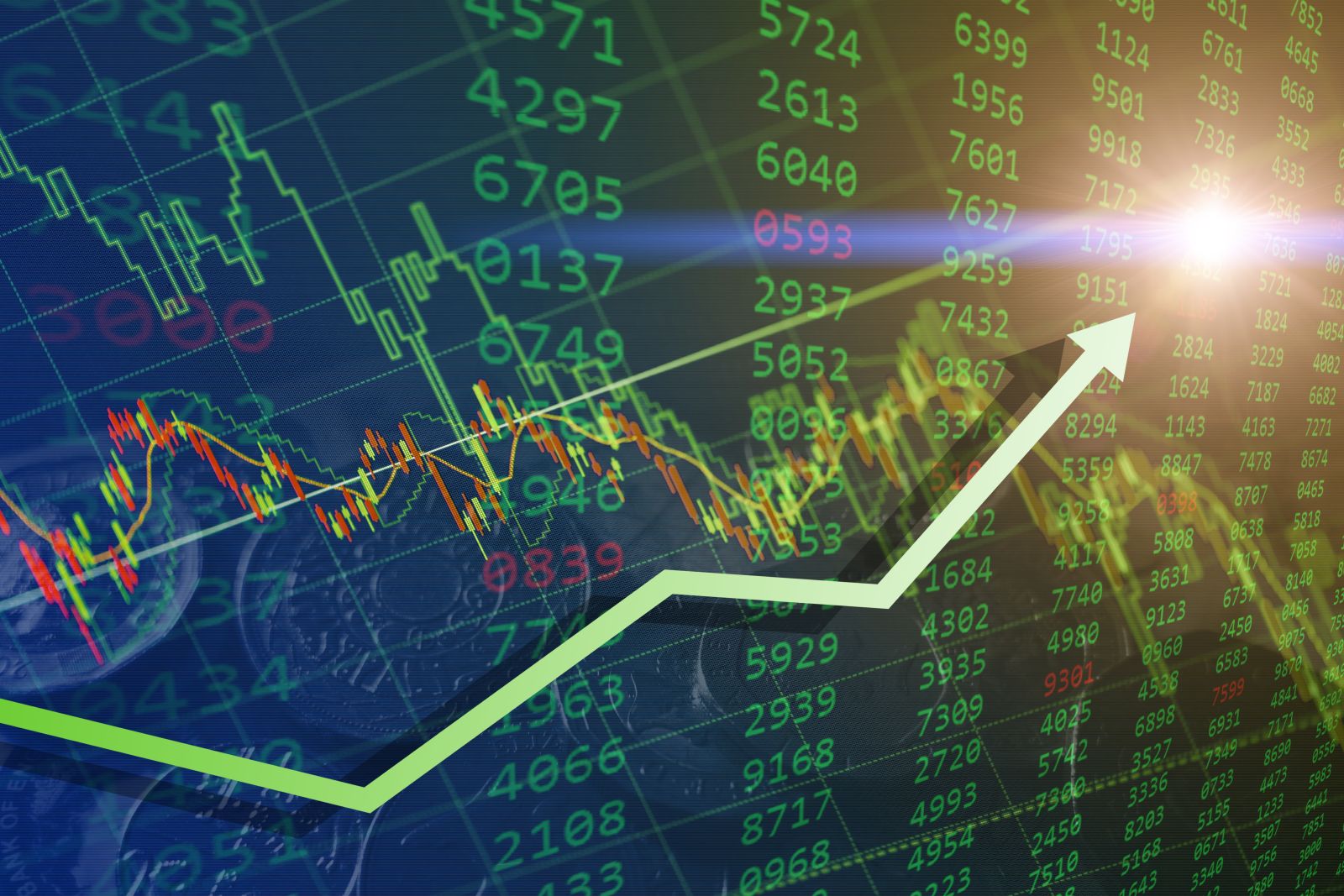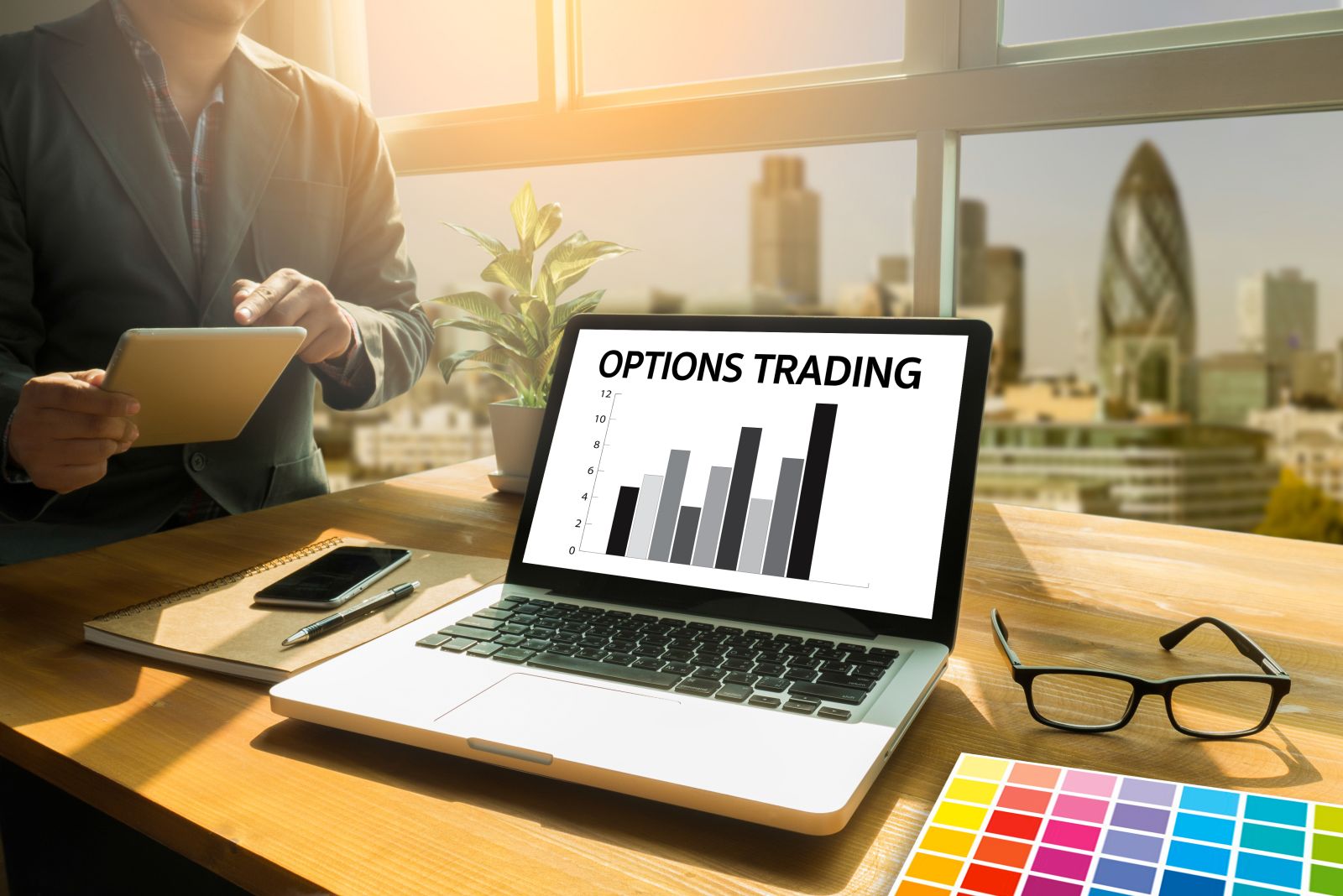
This is sponsored content. Barchart is not endorsing the websites or products set forth below.
What's Cryptocurrency?
Cryptocurrency is pretty much digital cash that lives online. No coins or bills, just computer codes. It's not run by any government or bank. Instead, it's based on a technology called blockchain. This makes everything transparent, secure, and keeps big players from pulling the strings. People use cryptocurrencies for online purchases, trading, and sending money internationally via, lets say, their TRC20 wallets . You manage TRC20 or other digital coins with something called a crypto wallet, making it easy to access anywhere, any time.
What's a Stock?
Stocks are tiny pieces of companies. When you buy a stock, you own a bit of that business. This means you can get a piece of their profits and sometimes even vote on company issues. Stocks are traded on places like the New York Stock Exchange or NASDAQ. The price of stocks goes up and down based on how well the company is doing and what's happening in the economy. Unlike most cryptocurrencies, stocks have real-world value because they're tied to the company's assets and earnings.
| Aspect | Cryptocurrency | Stocks |
| Exists As | Digital-only | Physical and digital |
| Backing | Mostly unbacked | Company assets and earnings |
| Trade On | Crypto exchanges | Stock exchanges |
| Ownership | No company ownership | Company ownership |
| Price Factors | Tech, use cases, hype | Company performance, economic trends |
Investing Considerations
What Drives Investments?
So you're eyeing stocks and crypto and wondering what makes each tick? Let’s break it down simply.
Stocks are pieces of a company you own, sorta like having a slice of the pie. Their value hangs on how well a company does—grow their profits, your stock's worth rises. They also have a track record of giving you returns over the long haul, and you might even get a piece of the profit pie as dividends.
Now, crypto is a wild card. These are digital coins or tokens, mainly driven by what people think they're worth—pure speculation! No company's profits backing them. Crypto folks love the buzz of maybe getting rich quick and the cool tech behind it, blockchain. But crypto also has something called stablecoins. Stablecoins are cryptocurrencies with a total amount pegged to other assets. You may have heard of Tether which is making big movements due to the extreme popularity of USDT. It's a must to have a secure USDT wallet for everyday transactions and crypto payments.
| Factor | Stocks | Cryptocurrencies |
| Backing | Company assets and cash flow | Speculative, not asset-backed |
| Price Influence | Company profit growth | Market sentiment |
| Historical Returns | Solid long-term | Roller coaster |
| Dividends | Possible | Forget it |
What Affects the Market?
Stocks and crypto react differently to the market winds. A stock portfolio that includes different companies is kinda like playing it safe; it's well-regulated and the companies actually have value. Stocks make you feel like you're on steady ground, with rules to keep things in check.
Crypto is more like the wild west. Sure, you get your rush from thinking about gigantic returns and you can buy or sell anytime, literally 24/7. But there's no sheriff in town—no heavy regulations. It's decentralized, making it prone to huge swings in price, thanks to the mystery tech of blockchain.
| Factor | Stocks | Cryptocurrencies |
| Safety | Higher, thanks to regulation | Lower, free-for-all |
| Market Presence | Been around forever | New kid on the block |
| Access | Office hours only | 24/7 rock and roll |
| Technology | Old-school finance | Sci-fi blockchain |
Making the Choice
So, what's better for you? Understanding what drives these investments and how the market treats them can really help you decide. Stocks can be a reliable buddy, while crypto is more of a thrill-seeking adventure partner. Knowing your taste for risk and your financial dreams is key to picking the right investment pal for the journey.
Risk Assessment
Rollercoaster Rides
Cryptos and stocks—they're like night and day when it comes to how much their prices jump around. Cryptos can swing like crazy, offering a goldmine one day and a minefield the next. Events like market gossip, tech breakthroughs, or fresh government rules can send crypto prices sky-high or down in the dumps.
Stocks? They tend to chill out more. Their prices move around based on how companies are doing, what's happening in the economy, and what's hot in their industries. Stocks are more predictable, making them a better play for folks who'd rather not roll the dice too much.
Playing by the Rules
When it comes to rules, stocks and cryptos are playing two entirely different games. Stocks are under the watchful eye of bodies like the NYSE and LSE, making companies spill the beans on their finances to protect investors from getting duped.
Cryptos, on the other hand, are the Wild West—less oversight and more freedom. This gives investors a bit of privacy but also opens the door for scams and market hijinks. Different countries have different takes on how to handle crypto. Some crack down hard, others let things slide.
| Regulatory Aspect | Stocks | Cryptocurrencies |
| Regulation Level | High | Low to Variable |
| Transparency | High | Low |
| Risk of Fraud | Low | High |
So, before jumping into the world of crypto or stocks, think about your comfort level with these crazy swings and the regulatory safety nets—or lack thereof. Knowing these differences can help you make smarter moves with your money.
Exchange Differences
Cryptocurrency exchanges and stock exchanges have some key differences. Cryptocurrency exchanges are all about low fees and are generally less regulated. Think of lower transaction fees and miner charges. But that does come with a catch—security may not be top-notch everywhere.
Stock exchanges, on the other hand, come with more fees. You’ve got broker fees, transaction fees from banks, and taxes on capital gains. But hey, these are highly regulated, making them pretty secure. Regulations mean more peace of mind but can make trading a bit of a hassle.
| Exchange Feature | Cryptocurrency Exchanges | Stock Exchanges |
| Fees | Lower (transaction, mining fees) | Higher (broker, bank fees, capital gains tax) |
| Regulation | Less | Strict and thorough |
| Security | Depends on the platform | More secure, thanks to regulations |
Wrap up your thoughts and consider what's more appealing to you—flexible but risky crypto trading, or regulated but scheduled stock trading. It all boils down to how you like to roll, but the perfect balance is the best way to go.
This article contains sponsored content. Barchart has not reviewed, approved, or endorsed the content, and may receive compensation for placement of the content on this site. For more information please view the Barchart Disclosure Policy here.







/NVIDIA%20Corp%20logo%20on%20phone-by%20Evolf%20via%20Shutterstock.jpg)